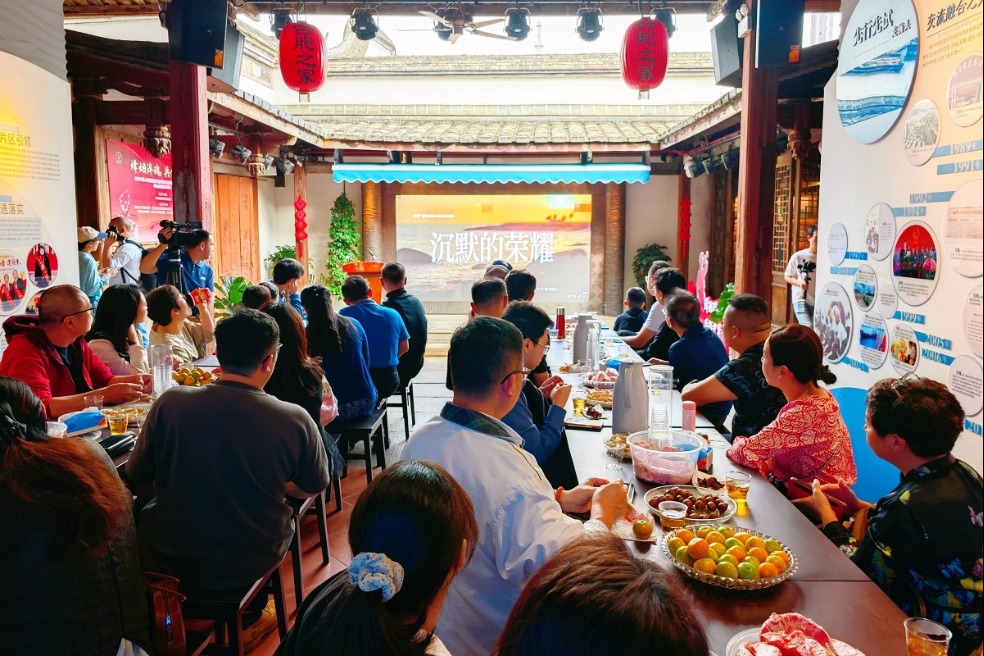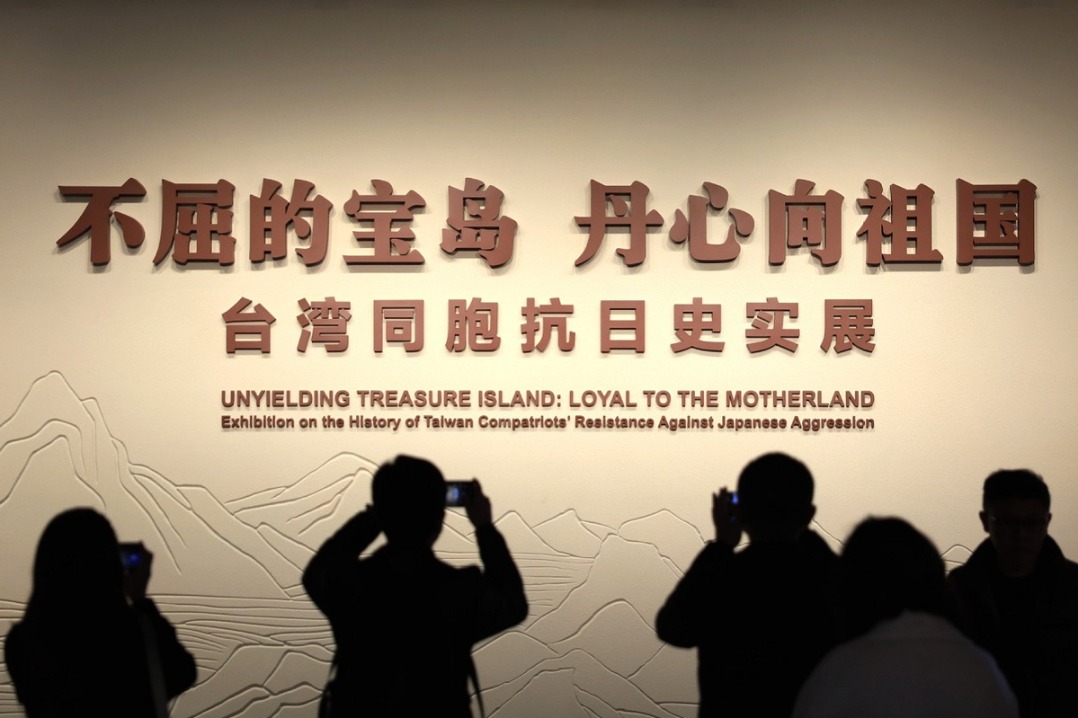Deep learning contributes to generating TCM prescriptions

BEIJING -- Chinese scientists have developed a new intelligent model for generating traditional Chinese medicine prescriptions.
TCM mainly includes herbs, acupuncture and cupping. According to a recent research paper published in the journal IEEE Access, the intelligent model, called AttentiveHerb, simulates doctors' diagnosis and prescription of herbs.
The intelligent model automatically simulates TCM principles and learns the effects of herbs on symptoms according to the clinical records of traditional herbal medicine.
In this new model, the attributes of the patients' symptoms are extracted using deep recurrent neural networks. Based on the severity of the patients' different symptoms, each herb in the prescriptions can then be dynamically selected, implementing a process of intelligent automatic diagnosis and treatment.
Experiments showed that almost 90 percent of the predicted prescriptions contain the same herbs as the medical labels generated by doctors.
Besides, AttentiveHerb can recommend herbs that do not appear in the doctors' prescriptions but are useful for relieving symptoms, said the paper.
- Shanghai's cross-border e-commerce pilot zone gains from CIIE's spillover effect
- Pioneering deep-sea mission completed
- Foreigners back Xizang's boarding school system
- Compatriots from both sides of Taiwan Strait oppose external interference
- Ex-deputy GM of key state-owned enterprise expelled from CPC for corruption
- Legislators push stronger protections for disabled





































